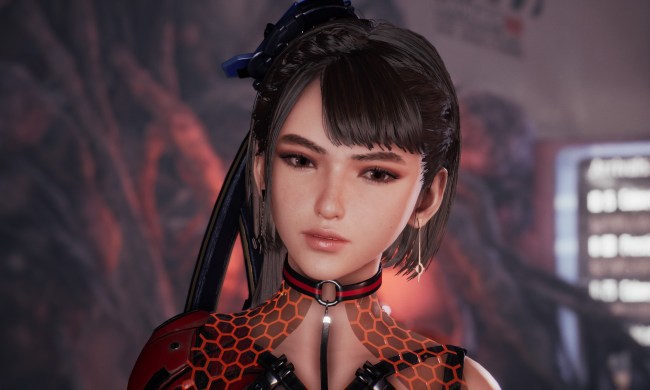Last year, hidden sexual content in Rockstar‘s Grand Theft Auto: San Andreas (accessed via the notorious “Hot Coffee” patch) caused an eruption of controversy, resulting in the game losing its ESRB rating, being pulled from retail shelves, and laboriously retooled by Rockstar to remove the content. The process cost the company millions of dollars and ignited a storm of public and political controversy as citizens groups and politicians called for tougher regulation of video games and their content.
Today the Federal Trade Commission announced it has reached a settlement with Rockstar games and Take-Two Interactive. the FTC has declined to fine either company, but has placed both companies on notice and warns that if the companies are again found in violation it would be charged up to $11,000 per incident, which would be more than enough to neatly bankrupt both companies in the case of a popular title like Grand Theft Auto. The FTC also revealed that Take2 has incurred almost $25 million in costs stemming from the recall, relabeling, and retooling of the Grand Theft Auto: San Andreas Game. The companies are also being required to set up a comprehensive system to ensure that all content in an electronic game is considered for review by the ESRB or other rating authorities.
The fact that GTA: San Andrea’s hidden content was revealed only by third party tools doesn’t seem to have been a factor in the FTC’s decision: the fact that the content was present on the shipping version of the game was enough to qualify as misrepresentation. However, other cases may prove more difficult to decide, given that third-party modifications can change some games’ structure and content without the added content having been shipped with the original game, even in hidden form: for instance, the game Oblivion (from 2K Games and Bethesda Softworks) was recently re-rated “Mature” by the ESRB because a third-party modification introduced nudity to the game.


